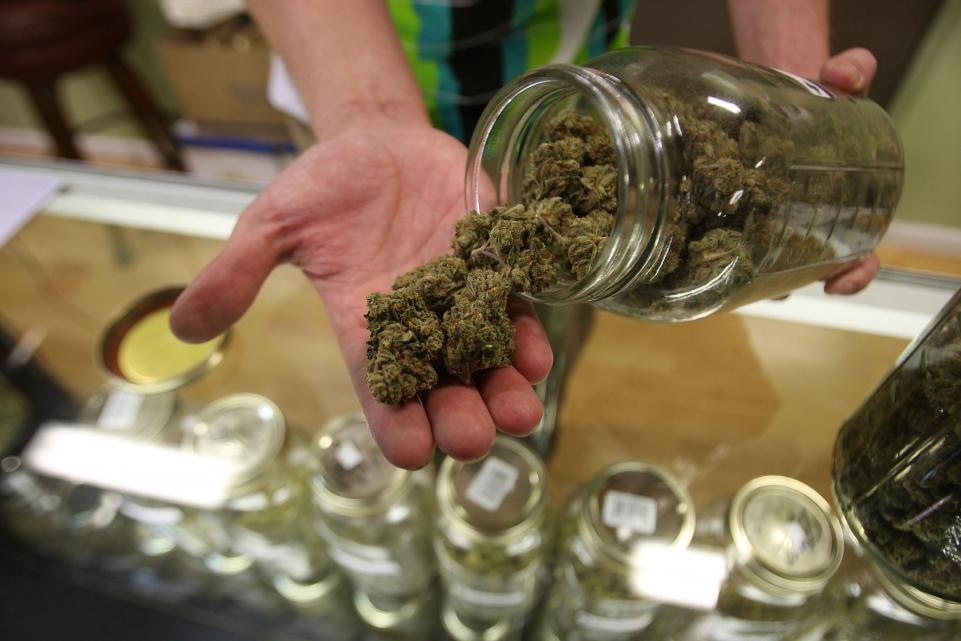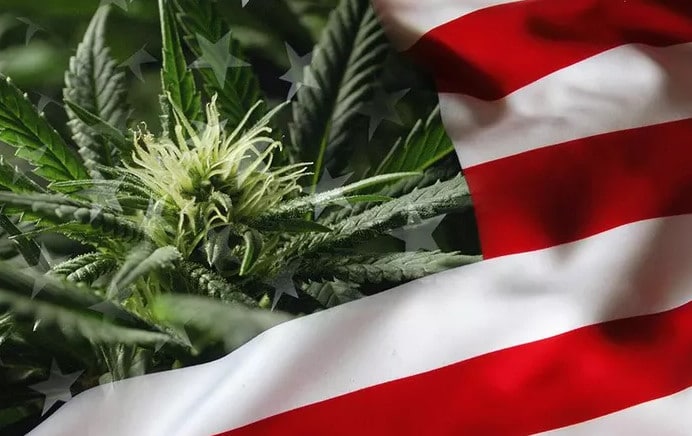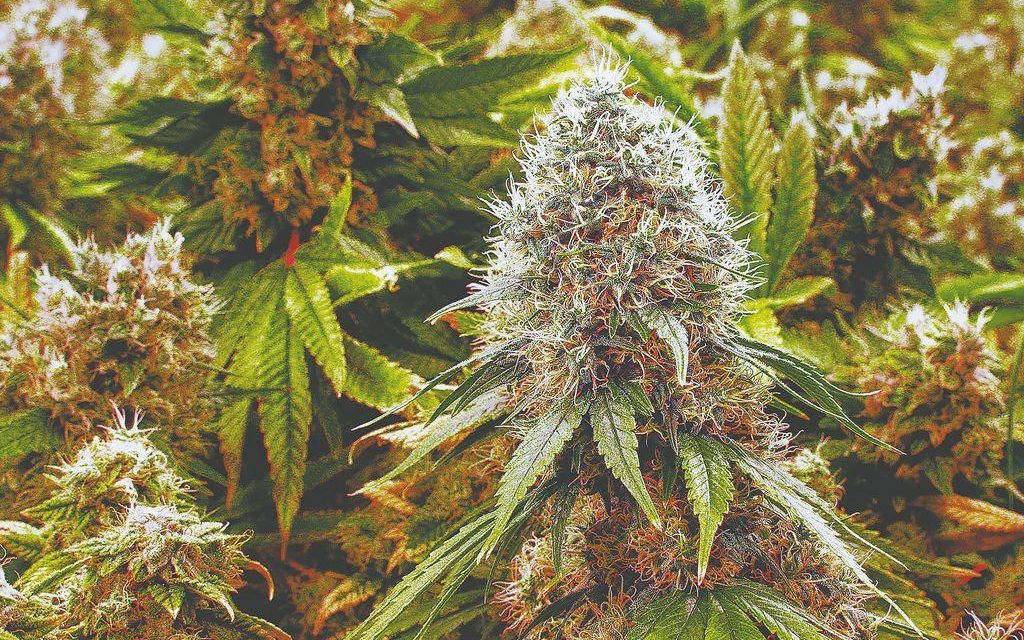On the night of the 2012 presidential elections, the story of Barack Obama’s re-election ran head-to-head with news of the groundbreaking legalization of recreational marijuana in Colorado. Memes abounded, most featuring a cloud of smoke over the city of Denver bearing the caption, “Meanwhile in Colorado…”
But America quickly realized, to the chagrin of many pot connoisseurs, that the prospect of walking through smoke-filled cities and browsing joint menus at dinner was likely still out of reach. The same thing has been happening this week in Massachusetts, California and other states, where attempts to legalize recreational pot use are being blocked because of opposition from politicians and residents, and overall confusion about how to regulate it.
Despite overwhelming support for medical marijuana–polls tend to show around 80 percent of the country is in favor–recreational marijuana remains a step too far.
Massachusetts, where voters overwhelmingly chose to legalize recreational pot in December of 2016, is home to several towns that are placing moratoriums on the drug, either until they can figure out the correct regulations to apply to dispensaries, or banning it completely.
The state’s residents had expected to see their vote take effect in July 2018, but 39 municipalities have already said they will not be ready. Most have shifted the start date to November or December of next year, but nine have already announced that they will ban it entirely.
In Maine, voters supported recreational pot in the 2016 election and the state Legislature voted to move it forward, but Governor Paul Lepage last week vetoed a bill with proposed regulations, and has said he will block future efforts. The Legislature did not have a veto-proof majority, missing it by 17 votes, meaning that for now, Maine voters’ decision is at a standstill.
ven California, the state that set the precedent for legal marijuana in the U.S. when it permitted medical use in 1996, is facing barriers to its proposed date of January 2018 for recreational legalization. San Francisco on Tuesday delayed voting on regulations that it needs to put in place before recreational dispensaries can operate, citing concerns from community members who don’t want the shops close to schools or playgrounds.
It is therefore looking unlikely that San Francisco residents will be able to buy a joint on New Year’s day.
Canada, where legalization is expected next year, is feeling the same friction. Quebec is asking the federal government today to table the the deadline for its regulation bill, and push the start date to 2019. Politicians in the province say the federal government is planning to take too much of the revenue from their sales, and that they need more time to make a careful decision about how the roll-out will work.
Rationale for the slow or halted introduction is pretty consistent across the board–deciding where and how much people can smoke affects non-smokers, too. Most states ban public smoking completely, because of the secondhand effects it could have on passersby. These rules are especially stringent around schools and playgrounds. Other decisions include licensing requirements, hours of operations for dispensaries, and security measures around those shops.
Meanwhile, support for medical marijuana is booming, with 80 percent of the population in support of it, according to a 2017 CBS poll. Even Texas, a conservative stalwart state, is only weeks away from the first sale of medical marijuana.
Representative Earl Blumenauer, an Oregon Democrat who introduced a piece of budget legislation (known as the Rohrabacher-Blumenauer Act) that prevents the DOJ from prosecuting medical marijuana, told Newsweek it’s “politically dangerous” today to oppose marijuana legalization.
“The train has left the station for marijuana reform,” Blumenauer said. “This is going to happen. The American public demands it.”
But Kevin Sabet, president of the nonprofit Smart Approaches to Marijuana, said it was not as harmless as the recent hype is making it out to be.
“A lot of people are being peddled this by an industry that wants to make money, like any other industry,” he told Newsweek. “I have a really hard time with the very small handful of studies out. They’re just not something that the scientific community agrees upon.”
Indeed, research is limited (in part because of the DEA’s limitations on federal funding for Schedule I drugs), which is part of the reason legalization gets stalled.
Recreational marijuana is legal in nine states and the District of Columbia, but the governor of one of those states, Maine, is vetoing it.
Jeff Sessions may be the anti-marijuana movement’s most vocal and visible advocate, and has only slightly toned down the harsh rhetoric he exhibited when he said marijuana was only “slightly less awful” than heroin decades ago. In a Senate hearing on Tuesday, he said he and the Department of Justice would be looking at thorough analyses and research surrounding medical marijuana (as a possible solution to the opioid crisis), but that he was still highly skeptical of it.
He sent a letter to Congress in May, asking it to oppose the language of the aforementioned budget rider that blocks him from prosecuting the medical use of the drug. Should he get what he wants, Sessions may stand a chance at changing the direction of medical marijuana in the country as soon as next month.
credit:newsweek.com













